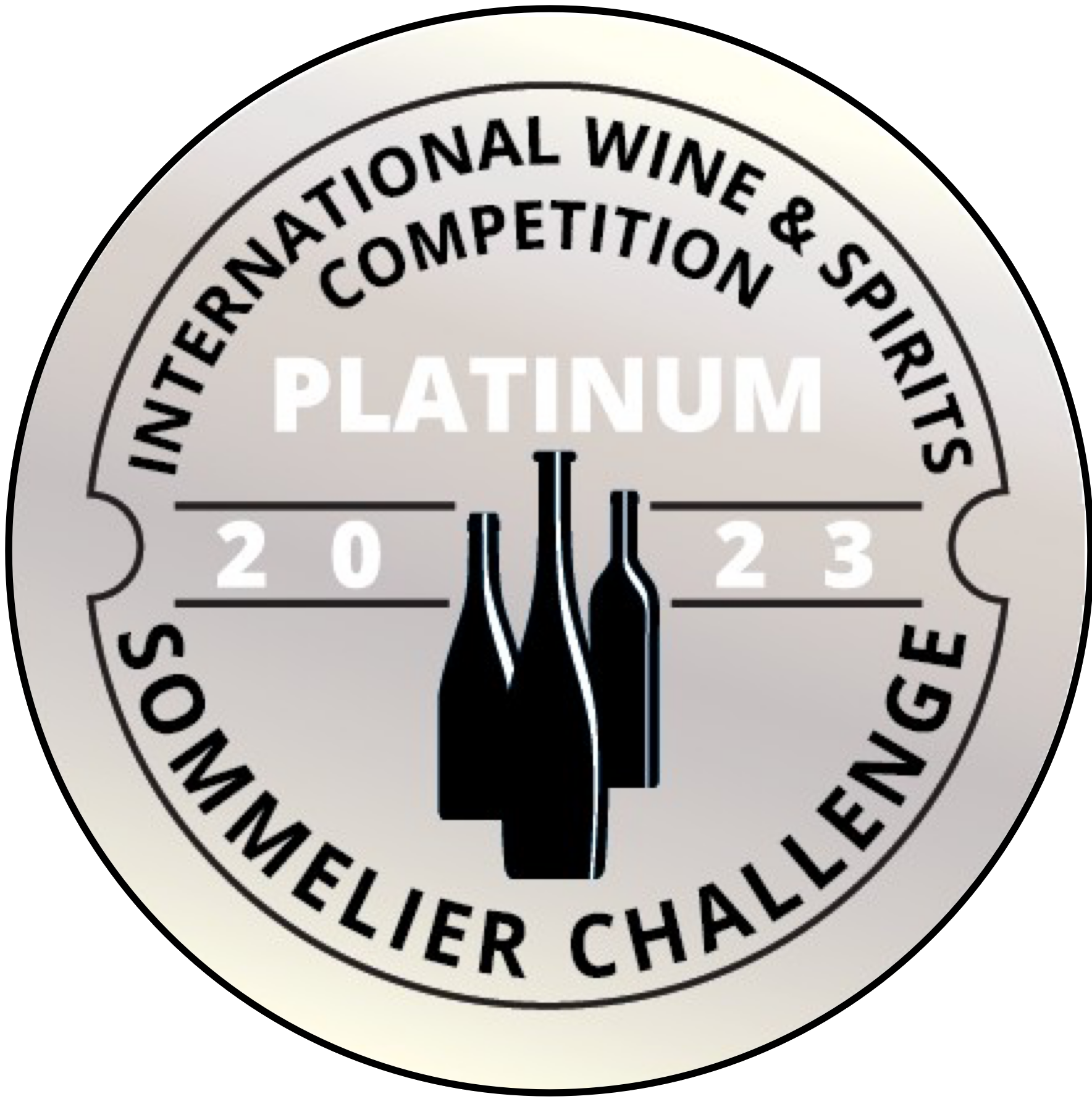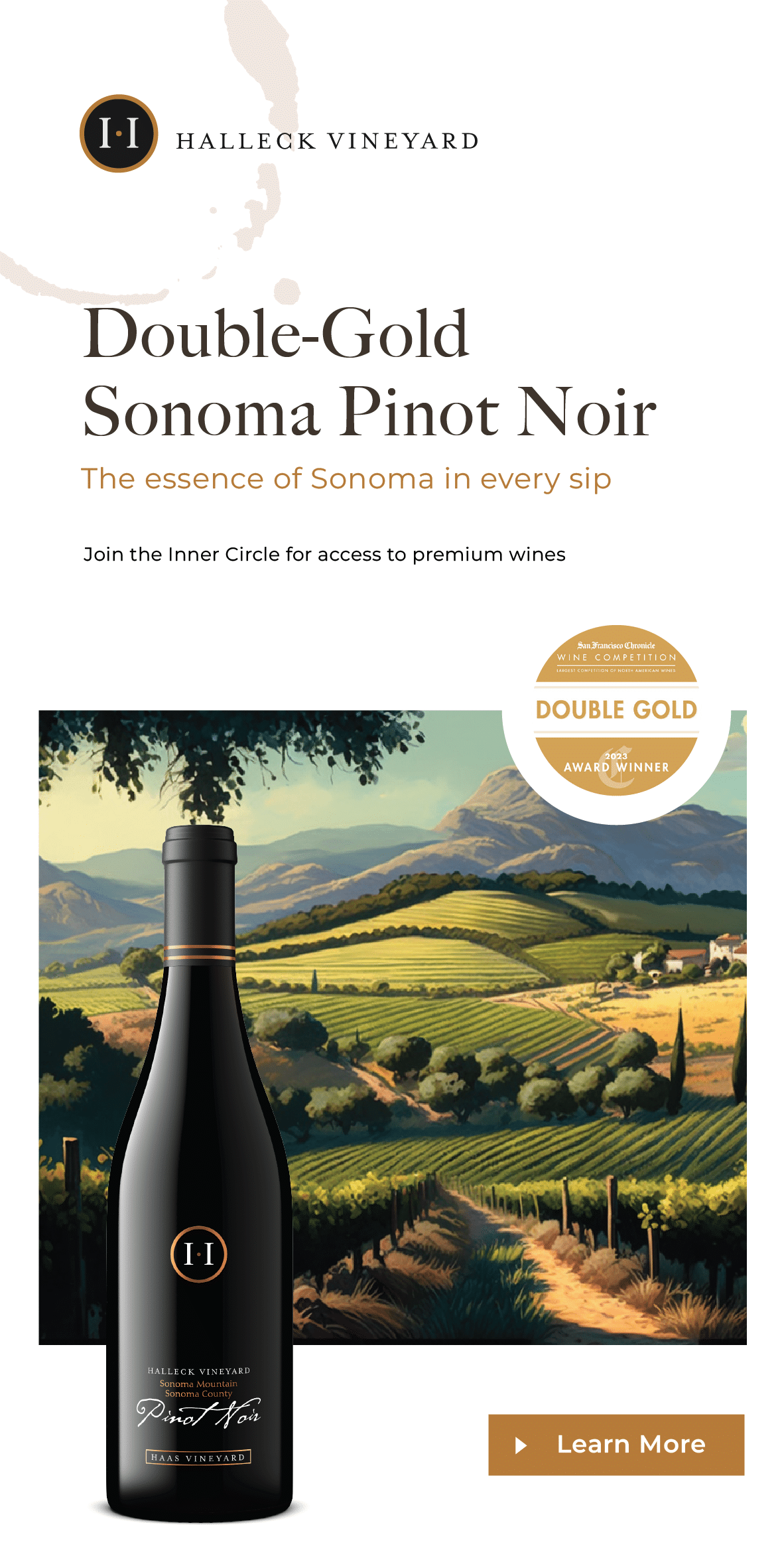Unique Wine And Food Pairings In Sonoma - Wineries In The Sebastopol Region
Unique Wine And Food Pairings In Sonoma - Wineries In The Sebastopol Region
Blog Article
Wineries That Welcome Walk Ins - Vines And Views In Sonoma Wine Country
Visiting a winery for a wine tasting may be a fascinating experience, especially when you know the way to maximise the opportunity with tasting notes. These notes function a guide to understanding the complexities of the wines you sample and assist in forming a deeper reference to every pour. Using tasting notes can transform your experience, permitting you to savor not simply the style but in addition the story behind every bottle.
Every wine has a novel profile influenced by grape selection, terroir, and winemaking techniques. Understanding these elements can enhance your appreciation of the wine. When you're given a tasting menu or a flight of wines to sample, take the time to learn through any descriptions supplied (Wine Tasting Experiences With Local Cheese). This initial overview can set the tone and expectations in your tasting experience.
Begin your wine tasting by observing the wine in your glass. The color can reveal lots about the wine’s age and varietal. Take notes on the hue, clarity, and viscosity. A well-structured tasting note typically contains this visual assessment because it forms the inspiration of your evaluation. While it might seem trivial, the visual facet is essential in wine tasting.
Wineries Perfect For A Relaxing Afternoon - Sebastopol Wine Experiences
After your visible assessment, it's time to take a mild whiff. Swirl the wine in your glass to aerate it, releasing its aroma. This is where tasting notes become notably valuable. Make notes about the completely different scents you detect—fruits, spices, or floral hints. Identifying these aromas will allow you to put words to the intrinsic complexities of the wine you might be sampling.

The next crucial step is the tasting itself. Take a small sip and let the wine roll over your palate. Note the flavors you experience. Are they candy or tart? The Place does your palate detect every flavor? Some wines may current quick sweetness adopted by a tannic end. Use your tasting notes to document these layers, making a roadmap of your sensory experience.
Think About additionally the mouthfeel of the wine as you taste. Is it smooth, crisp, creamy, or maybe tannic? This textural quality significantly influences the general enjoyment and impression of the wine. Observing the mouthfeel can reveal the quality and craftsmanship behind the winemaking course of.
It Is useful to compare totally different wines as you style them. If you are sampling a flight with contrasting varietals, make an observation of the variations you perceive. How does the acidity vary from one wine to another? Which wine feels fuller, and which is more refreshing? This comparative exercise deepens your understanding and helps sharpen your analytical skills.
Wineries With Breathtaking Gardens In Sonoma - The Charm Of Sonoma Wineries

Interact with the winery workers while tasting. Educated hosts usually share insights in regards to the winery's history, the specific vintage, or the winemaking philosophy, enriching your appreciation of the wine. Do Not hesitate to ask questions that pique your interest based on your tasting notes. Many hosts get pleasure from discussing their wines and may provide a wealth of knowledge that isn’t readily available from printed materials. Wineries With Picnic Areas.
Hold in thoughts the seasonality of wines as you taste. why not try these out Different wines evoke varied moods and pair nicely with distinct culinary experiences. Take notes on how you may take pleasure in a selected wine with food. This not only provides context to your tasting notes but also aids future choices and purchases.
One Other helpful tip while using tasting notes at a winery is to record your impressions immediately. As wines can blend and create a uniform flavor memory, jotting down your thoughts promptly ensures a extra accurate reflection of your experience. Use adjectives that resonate with you, crafting a personal vocabulary to describe every wine based in your preferences.
After completing the tasting, evaluation the notes you’ve taken. Replicate on which wines stood out to you and why. This reflection reinforces your tasting experience and highlights what you might search in future purchases. If you have famous particular aromas or flavors that captivated you, this info empowers you to pick wines that align along with your palate.
Artisan Wineries In Russian River Valley - Finding Good Wineries For Wine Tasting
Wine tasting also can serve as a chance for socializing. Sharing your tasting notes with companions can ignite engaging discussions on flavors, preferences, and impressions. This communal facet of wine tasting usually enhances the experience, cementing lasting recollections you could recall with a cup of wine in hand.
In conclusion, using tasting notes at a winery wine tasting can considerably improve your experience. By observing the visual aspects, aromas, flavors, mouthfeel, and even the stories behind the wines, you create a wealthy tapestry of notes that can guide your future wine experiences. Partaking with the employees, comparing wines, and reflecting on your impressions will deepen your appreciation for the art of winemaking. Every tasting is an opportunity to find and join with wines in thrilling new methods. With practice, your tasting notes will evolve, turning into a cherished component of your wine journey.
Affordable Wine Tastings In Sonoma County - Greatest Wine Tasting Locations In Sonoma
- Start by familiarizing yourself with the winery's tasting notes; they usually describe the wine’s aroma, flavor profile, and finish, offering a helpful framework.
- Use your senses of sight and odor earlier than tasting; swirl the wine in your glass, observe its colour, and inhale its bouquet to seize the wine's initial traits.
- When tasting, take a small sip and let the wine coat your palate; give attention to the primary flavors and any secondary notes that will emerge, similar to fruit, spice, or earthiness.
- Pay attention to the feel and mouthfeel of the wine; is it smooth, tannic, creamy, or crisp? This side can considerably improve your understanding of the wine.
- Compare the tasting notes with your sensory experience, noting any similarities or discrepancies, which may deepen your appreciation of every wine’s complexity.
- Contemplate the wine’s getting older potential by analyzing its construction and steadiness; some wines may be enjoyable now, whereas others might evolve beautifully over time.
- Take notes during the tasting; recording your impressions can help you remember each wine better and refine your palate for future tastings.
- Engage with the tasting employees; ask questions concerning the wine production course of, grape varieties, and the precise notes you're detecting to boost your information and experience.
- Explore pairing recommendations alongside your tasting; understanding which meals complement the wine can enrich both the tasting experience and your appreciation for the wine's nuances.
- Respect varying preferences among your group; wine tasting is subjective, and encouraging open dialogue about particular person tastes can lead to a extra enjoyable and informative experience.undefinedWhat are tasting notes, and why are they necessary at a wine tasting?undefinedTasting notes are descriptions of the flavors, aromas, and general impressions of a wine. They are important as a result of they guide your palate and improve your understanding of the wine's characteristics, serving to you recognize totally different varieties and styles.
How ought to I take notes during a wine tasting?undefinedYou should give consideration to key elements similar to aroma, flavor, physique, acidity, and finish. Use a structured format or template to categorize your thoughts and write down your impressions instantly after tasting. This helps you bear in mind your thoughts later.
Am I Able To use my very own words to describe a wine, or should I stick to plain tasting terms?undefinedYou can completely use your own words to describe a wine. Whereas commonplace wineries tasting phrases can help convey particular qualities, personal descriptors add authenticity to your notes and may make your wine experience extra gratifying and relatable.
Ought To I give attention to specific flavors in the wine or the general experience?undefinedEach features are necessary. Whereas particular flavors help you identify the unique characteristics of a wine, the overall experience encompasses how all parts combine—creating a more holistic understanding of the wine.
Wineries With Unique Wine Blends - Exploring Sonoma's Wine Landscape
What if I cannot determine certain aromas or flavors throughout a tasting?undefinedIt’s widespread to have difficulty figuring out particular tastes or scents. Don’t hesitate to ask for help or guidance from the employees at the winery. They can present insights and assist refine your palate over time through practice.
How can I use tasting notes to choose wines within the future?undefinedBy reviewing your tasting notes, you presumably can determine your preferences and trends in your wine selections. This permits you to select wines that align along with your palate in future tastings and purchases, making your experience more gratifying.
Is it applicable to compare wines throughout a tasting?undefinedSure, comparing wines could be helpful. It helps highlight the variations in flavor profiles and attributes, allowing you to develop a deeper appreciation and understanding of every wine's unique qualities.
What ought to I do if I disagree with the tasting notes supplied by the winery staff?undefinedDisagreement is a natural a part of wine tasting! Use it as an opportunity to debate your impressions with the workers; they can present extra context or information about the wine, which might enrich your experience.
Wineries That Offer Dog Friendly Areas - Sebastopol Vineyard Experiences
How ought to I manage my tasting notes after the event?undefinedAfter the tasting, arrange your notes by wine type, producer, or personal preference. Contemplate creating a digital or physical journal which may be referenced for future tastings and wine choices, making it easier to recall your experiences. Report this page